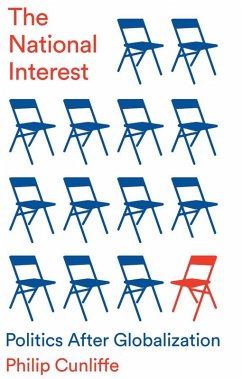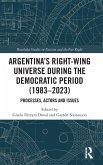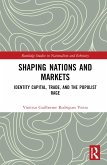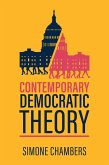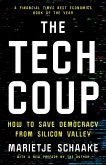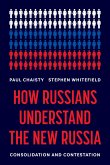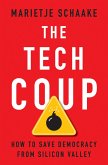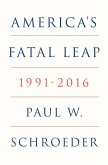With peak globalization behind us, we urgently need a new debate about the national interest. Yet across the West it is a concept that is conspicuous by its absence from public life. All too often the 'national interest' is still seen as a parochial idea - an anachronism in an age of global environmental collapse and 'polycrisis'. Political leaders accustomed to making their case to the world at large rather than to their fellow citizens treat the national interest as an embarrassment. Yet we will not be able to rise to the challenges that confront us without the legitimacy conferred by the national interest. This book explains how globalising political leaders and bureaucrats smothered the idea of the national interest over the past thirty years - and how we must now revive it if we are to have the democratic strength to meet the international challenges of the future. Instead of seeing the national interest as a matter of foreign policy, this book makes the case that the national interest is as much a matter of internal democratic politics as it is global order.
Bitte wählen Sie Ihr Anliegen aus.
Rechnungen
Retourenschein anfordern
Bestellstatus
Storno

